6 technologies that were ahead of their time
They came, they went, and now they're back
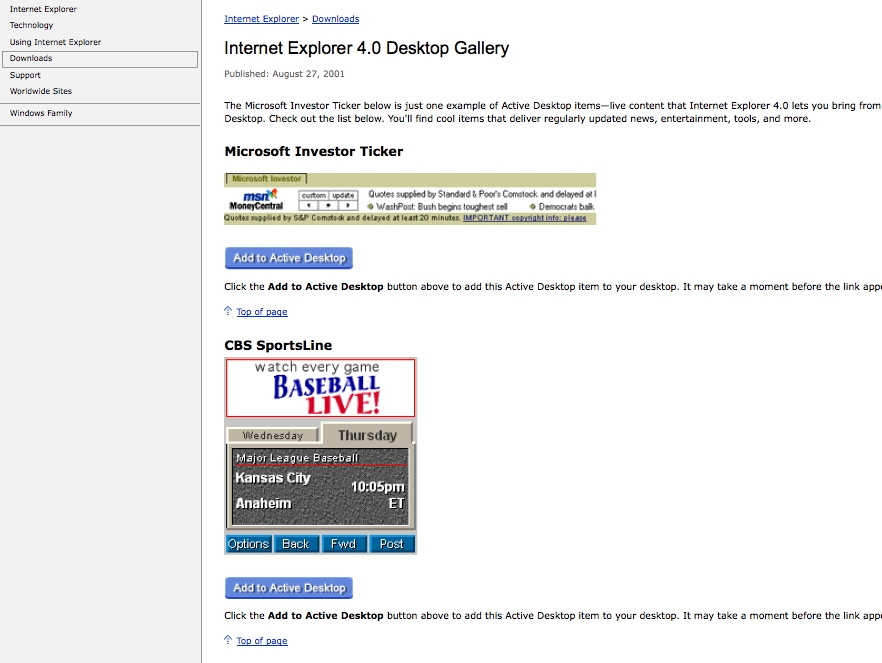
Not all technologies are invented at the right time.
Leonardo Da Vinci came up with the basic idea for helicopters back in 1480, but it took until 1942 for helicopters to become mass-produced.
More recently we've seen lots of perfectly good ideas launched long before they're ready, only for other firms to bring them back when the conditions are more favourable. These are our favourite last big next big things.
1. Push Technology
The PointCast Network screensaver (1996) and Microsoft's Active Desktop (1997) were all about pushing data: instead of going looking for information, you'd sit back and it would come to you.
Those products died a death due to overly greedy and expensive bandwidth demands - we were all on dial-up - but broadband and the mobile internet have resurrected push in the form of Widgets and Gadgets, RSS readers and smartphone social network notifications.
2. 3D
Get daily insight, inspiration and deals in your inbox
Sign up for breaking news, reviews, opinion, top tech deals, and more.
3D is the perennial comeback king: invented in the 1800s, popular in the 1950s, falling out of favour until the late 1970s and then falling out of favour all over again in the 1980s. And now it's back! Again!
This time it's a very different beast, though. Forget about rubbish red and green glasses; we have polarised 3D specs, active shutters and state-of-the-art digital projection to distract you from Avatar's dialogue. Sky hopes 3D TV will be as big a deal as HD, and studios are rather keen on it as a pirate-proof format.
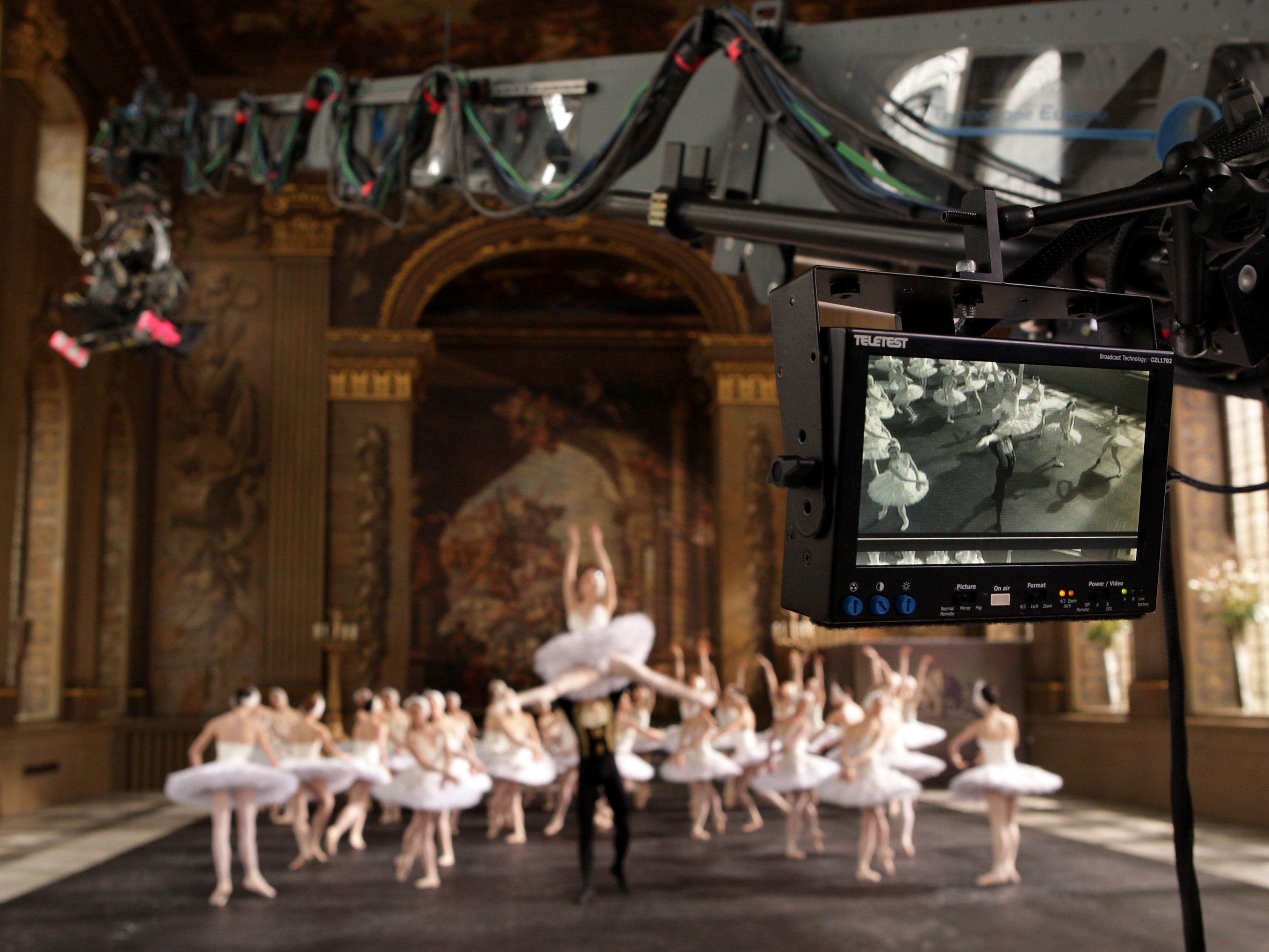
BACK AGAIN: Sky's convinced that this time, 3D is here to stay. The technology's certainly a lot more impressive than it was in the 50s or 70s
3. Voice recognition
Invented in the 1960s, speech recognition technology came of age during the 1980s and 1990s with products such as Dragon Dictate and IBM ViaVoice. It never became truly mainstream, though, partly because software tended to require lengthy training periods, partly because it wasn't great in noisy environments and partly because you had to spend ages correcting its mistakes.
It's still around, but tends to be found in either simple applications - mobile phone speed dialling systems and in-car navigation systems, for example - or niche ones, such as automated switchboards and medical dictation.
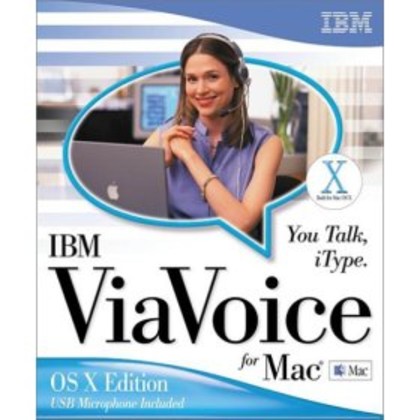
GIBBERISH: The slogan for IBM's ViaVoice - and its competitors - should really have been: You talk! It types crazy things!
4. Application Service Providers
Application Service Providers (ASPs) were the next big thing back at the beginning of the new millennium: instead of buying software, we'd rent it and run it over the internet. While specialist ASPs thrived, predictions that we'd all get Microsoft Office via the net proved rather premature. We simply didn't have the technology or the speedy connections to make it work.
The combination of near-universal broadband and better browsers brought the ASP idea back with a bang, though: we know it as cloud computing.
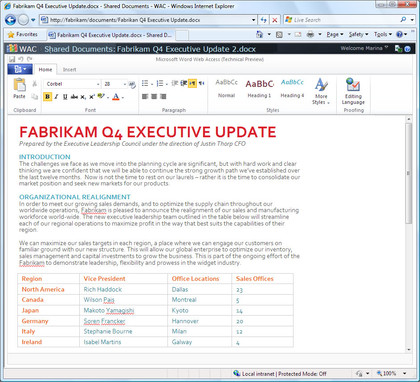
IN THE CLOUD: We're still not paying Microsoft every month for Office, but Office 2010 does come in a browser-based version as well as a desktop version
5. Tablet PCs
Bill Gates thought everyone would get very excited about tablets, and he was right. He was just wrong about whose tablets they would be, how we'd use them and when the excitement would happen.
Gates thought Windows tablets, pen input and 2002, but of course the excitement is over Apple's finger-controlled iPad in 2010. The problem was partly price and partly software: Tablet PCs ran Windows XP with extra touch bits, not a brand new touch-centred operating system.
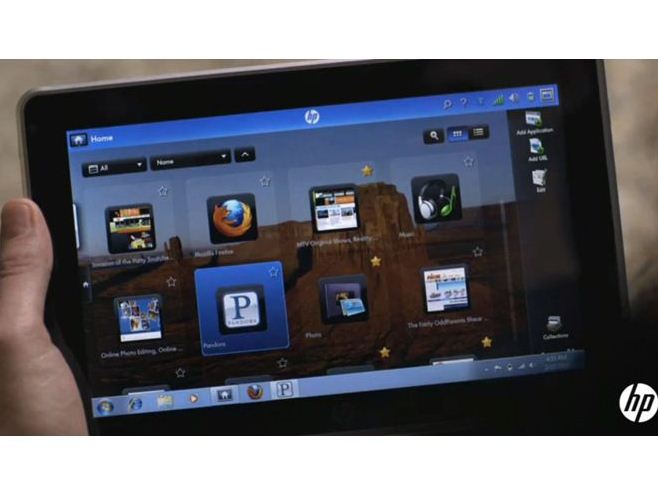
LITTLE DESKTOP: Perhaps the problem with Tablet PCs such as HP's Slate is that underneath the touch screen, they're still running desktop OSes
6. Interactive movies
Forever hyped as the future of home entertainment, interactive movies such as 1992's Night Trap (on Sega CD) are better known for controversy than huge sales or abiding influence: Night Trap was dubbed "shameful" and "ultra-violent" by US politicians and pulled from the shelves. Hugely expensive to produce and really quite rubbish, games built around interactive video were largely extinct by the mid-1990s.
And now? They're back in style, but with the odd exception - such as this year's Heavy Rain on PS3 - they're not your parents' interactive movies. They're first-person experiences such as Half-Life 2.
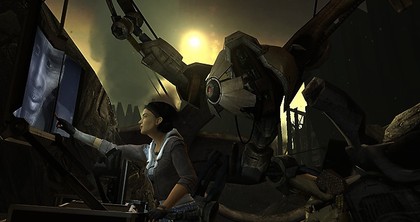
IN THE GAME: Who needs clunky interactive video when we've got fully immersive first-person experiences such as Half-Life 2?
Writer, broadcaster, musician and kitchen gadget obsessive Carrie Marshall has been writing about tech since 1998, contributing sage advice and odd opinions to all kinds of magazines and websites as well as writing more than a dozen books. Her memoir, Carrie Kills A Man, is on sale now and her next book, about pop music, is out in 2025. She is the singer in Glaswegian rock band Unquiet Mind.
